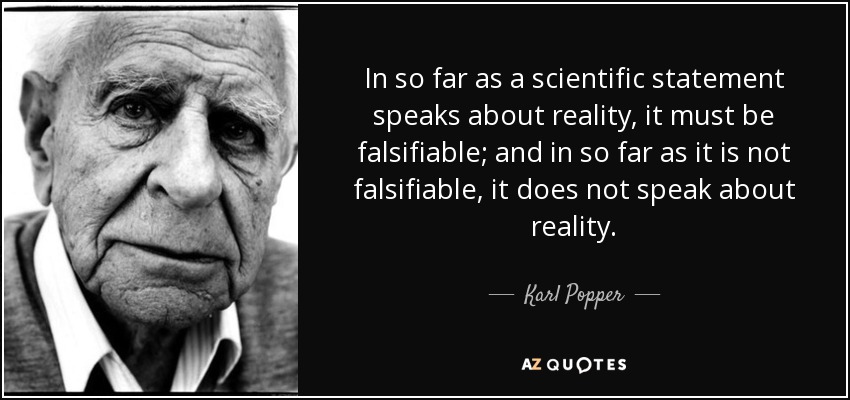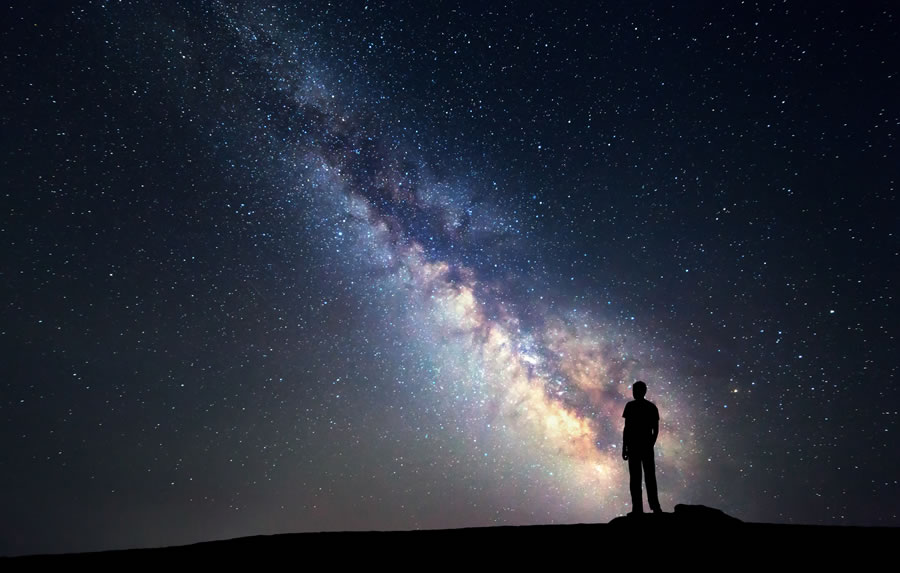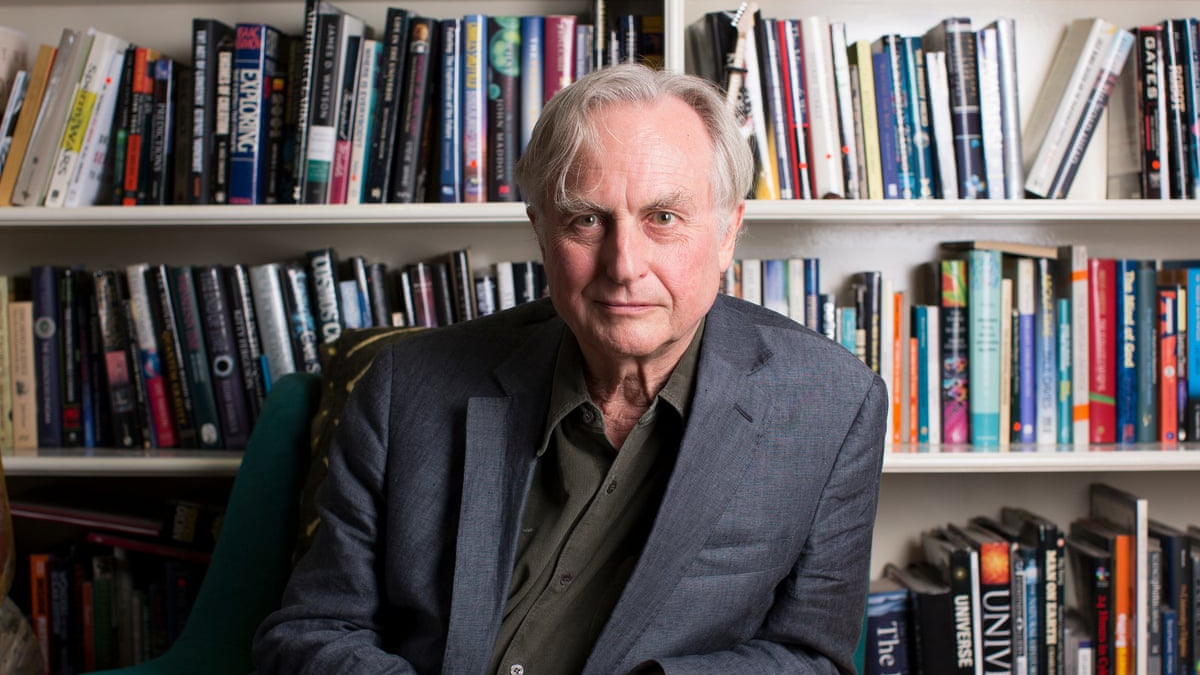Blog Archives
Is Intelligent Design Testable?

In a prior post on the failed predictions and un-falsifiability of evolution, a visitor left this interesting comment:
How can intelligent design (ID) be tested? Any supposed problems with the theory of evolution are not evidence for ID. ID must stand on its own and provide a framework for testable hypotheses that scientists (both religious and non-religious) can perform worldwide in repeatable tests. If ID cannot be tested, it should not be taken seriously as an explanation for the amazing diversity of life on this planet.
I thought this to be a fair and important question, and worthy of its own dedicated post. Here, I intend to argue that direct experimental validation is a false expectation for the kind of claim that ID represents, that the burden of proof belonging to ID is highly debatable, and that experimental work can, in fact, be done which can speak to ID.
Read the rest of this entryEvolution’s Failed Predictions and Unfalsifiability

The history of modern biological studies is filled with “surprising” and “unexpected” findings that were not at all predicted by evolutionary theory, in fact, in some cases, quite the opposite was predicted. And yet, unlike other theories that face counter-intuitive evidence, this theory continues to remain fundamentally unquestioned as a matter of scientific orthodoxy. Curiously, these findings only seem to increase the faith in the mysterious power of evolution to “solve problems,” even if we cannot work out how it has done so. No matter how astonishing or unexpected our discoveries, they must somehow be pigeonholed into the theory, because “it has to be true” — the alternative is unthinkable. For this reason, it has been accused of being an unfalsifiable theory. Fazale Rana, in this related article, described the heart of the problem this way:
“In effect, methodological naturalism restricts the available explanations for the universe and phenomena within the universe such as the origin and history of life. Certain explanations are off the table, a priori. As a consequence, intelligent design/creationism cannot be part of the construct of science.”
Some of the kinds of natural predictions that the unguided, trial-and-error, slow and incremental process that is evolution include are that resulting DNA should be messy and ad hoc, nature should seldom find the same solutions, and species should be quite similar and absolute novelty a rarity. Below I will list some of these unexpected and counter-intuitive discoveries, primarily in the realm of genetics where ironclad support for evolution is often alleged.
Read the rest of this entryHard Pills of Atheism

I recently wrote an article targeted at committed atheists who claim that Christians carry all the burden of proof. There, I pointed out that atheism is not a neutral position and is justified only if it, too, can provide answers for the hard questions of science and human experience. In this article, though, I’d like to offer something similar only targeted to the agnostic, who flirts with the idea that this universe may be devoid of a God after all. My intent is to get such persons to consider the impact that true atheism would logically have on their beliefs and values, and to consider whether this package deal sounds more reasonable than theism.
Read the rest of this entryTheistic Evolution: Oxymoron?
 Note: this is an article I wrote in 2003, which is no longer available elsewhere on-line. I offer it here largely in its unedited form.
Note: this is an article I wrote in 2003, which is no longer available elsewhere on-line. I offer it here largely in its unedited form.
~~~~~~~
The late professor Phillip Johnson had just completed his lecture, carefully outlining the scientific and philosophical problems inherent in evolutionary theory. Dr. Johnson opened the floor, and after fielding various technical questions, a final, almost inevitable one came as follows:
I don’t think you give God enough credit. Why can’t it be that a God who knows the number of hairs on my head couldn’t have used evolution as a means of bringing about our present existence? Why do you have to oppose the two ideas of evolution and creation?{1}
This idea, known as “theistic evolution,” has become very popular since Darwin’s theory first began to take hold of the popular culture. Since the theory of evolution is accepted as the majority view within the scientific community, those concerned to reconcile their beliefs with the apparent record of nature must wrestle with this issue. And since most people believe in some sort of Supreme Being or higher power, they must find a place for God in this. But is evolution compatible with the idea of a God who “creates,” especially the Judeo-Christian God?
The Statistical Case Against Evolution

It is unfortunate that the best arguments against evolution require some hard work to make, or some knowledge of biochemistry. One of my own favorite arguments requires both. I think it’s a strong argument, and I’ve not seen much attempt to answer it in its complete form. I call it my “favorite,” not because I find it more interesting than all the others, but because it is quantifiable, can stand on its own, and if it is valid, then it provides an insurmountable problem for Darwinian theory.
Below, I will attempt to make the argument as simply, but completely, as possible. I’ll use 10 basic propositions, which I believe are, for the most part, quite uncontroversial. Below each point I’ll include some detail or justification, and I’ll provide links for further understanding or examples.
Here we go.
We’re Probably Alone in the Universe

I’ve seen a lot of chatter on a new paper submitted to the Proceedings of the Royal Society of London by some Oxford researchers. Apparently, they’ve concluded that there is “a substantial ex ante probability of there being no other intelligent life in our observable universe.”
Here is a sample article discussing the paper:
https://qz.com/1314111/we-may-have-answered-the-fermi-paradox-we-are-alone-in-the-universe/
As it says, “The authors assert that the chance humanity stands alone among intelligent civilizations in our galaxy is 53%–99.6%, and across the observable universe is 39%–85%.”
This is based upon a reassessment of the “Drake Equation,” made famous by Carl Sagan, and the probable values for each of its variables. Here is a link to that equation: https://www.seti.org/drake-equation
Read the rest of this entry
Evolution: Teach the WHOLE theory
 “Evolution by natural selection is one of the best ideas in all of science. It predicts and explains an incredibly wide range of biological facts.” So says a Wall Street Journal article, which ponders how we can teach children this “fact” and drive out of their little heads the mistaken intuition that biology is the product of design. It claims that so many people reject evolutionary theory simply because they don’t understand it, and suggests that we should remedy this by attempting to “reach children with the right theory before the wrong one is too firmly in place.”
“Evolution by natural selection is one of the best ideas in all of science. It predicts and explains an incredibly wide range of biological facts.” So says a Wall Street Journal article, which ponders how we can teach children this “fact” and drive out of their little heads the mistaken intuition that biology is the product of design. It claims that so many people reject evolutionary theory simply because they don’t understand it, and suggests that we should remedy this by attempting to “reach children with the right theory before the wrong one is too firmly in place.”
Contrary to popular belief, many in the Intelligent Design community agree that we should teach evolutionary theory. If it is a theory in play within the scientific community, then it deserves to have a hearing. Even if it stopped being “consensus” science, then we should still teach it as a historical artifact, as astronomers do with the Steady State and Oscillating Universe theories. But if we’re going to teach it, then we should teach the whole thing, warts and all.
Richard Dawkins’ Moral Bankruptcy and the Roots of the Minimalist Ethic

I recently came across this interesting article on the famous atheist and Darwinian advocate, Richard Dawkins: http://www.richarddawkins.net/news_articles/2013/9/7/the-world-according-to-richard-dawkins-the-times
This is the same Dawkins who teaches that we are the bearer and product of “selfish genes,” whose only concern is replication and survival. In his words, “We are survival machines – robot vehicles blindly programmed to preserve the selfish molecules known as genes.”
With that in mind, it was interesting to see him say this in the article regarding childhood bullying:
“I cannot even begin to imagine how human beings could be so cruel, but to a greater or lesser extent we were, if only through failing to stop it. How could we be so devoid of empathy?”